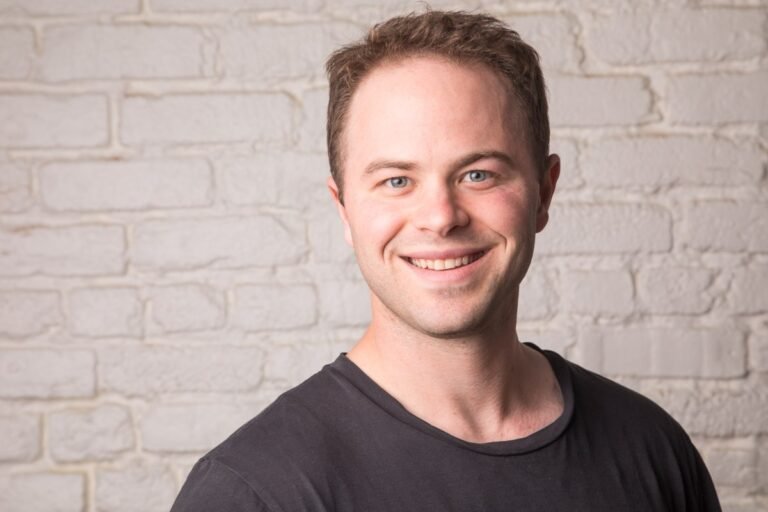Founded in late 2022, Powerset is an investment program with a simple premise: What if the best investors aren’t venture capitalists, but other founders, who write checks between late-night coding sessions and meetings of the board of directors?
Every year, Powersetfounded by AngelList alum Jake Zeller and coaching firm Athena founder Jonathan Swanson, hands five to 10 founders $1 million to invest in other startups — potentially giving them millions more if the founders make good investments. Past members of the cohort include Paul Copplestone, co-founder of developer platform Supabase. Jordan Tigani, co-founder of analytics firm MotherDuck. and software engineer Wes McKinney, who created the Python pandas project. Applications for the third cohort open this week.
Zeller described Powerset as a kind of decentralized venture fund: There’s no programming to “teach” founders how to invest, no timeline for when founders must deploy capital, and no group of managing partners who can veto an agreement. Founders get 15% of the profit a deal makes.
It’s an experimental model that sits somewhere between angel investing—except the founders don’t invest their own personal money—and old-school VC scouting programs, where VCs recruited people, including the founders, to help them agreements are procured. Cohort founders are then encouraged to mentor and advise portfolio companies, just like any investor.
In Powerset’s case, however, the investments are made solely on the whims of the already overworked and stressed founders. “There are some founders who are so busy with their companies and so selective that they don’t invest at all,” Zeller said. Otherwise, a founder will go from not investing “to becoming one of the most active very quickly.”
Despite the complications, Zeller believes Powerset’s strategy will produce huge returns. “Often the best founders are the ones who build the best companies and are going to make for the best investors,” he said.
Founders, after all, deeply understand the intricacies of building a startup in their field and are constantly looking for top talent anyway. “I’ve never found a genius-level technical founder building an incredible company that just screwed up the investment,” he said.
There are no hard and fast rules about who qualifies for Powerset’s program — just that you start a company and immerse yourself in the tech ecosystem. “Hopefully your company will reach a scale where you get some organic connectivity,” Zeller said, meaning other founders like your product and naturally reach out to you.
But Zeller has one deal-breaker: He’s not interested in anyone who sees Powerset as unfit to run a company with aspirations of becoming a full-time venture capitalist soon. “These people are going to perform tremendously,” he said.
He claims that the best performing Powerset participants are founders who plan to spend the next five, 10 years building their own company. “If you’re building something that’s extremely important and your life’s mission and your life’s work, you’re not going to invest in some fringe company,” he said. “It does not justify the activation action.”
